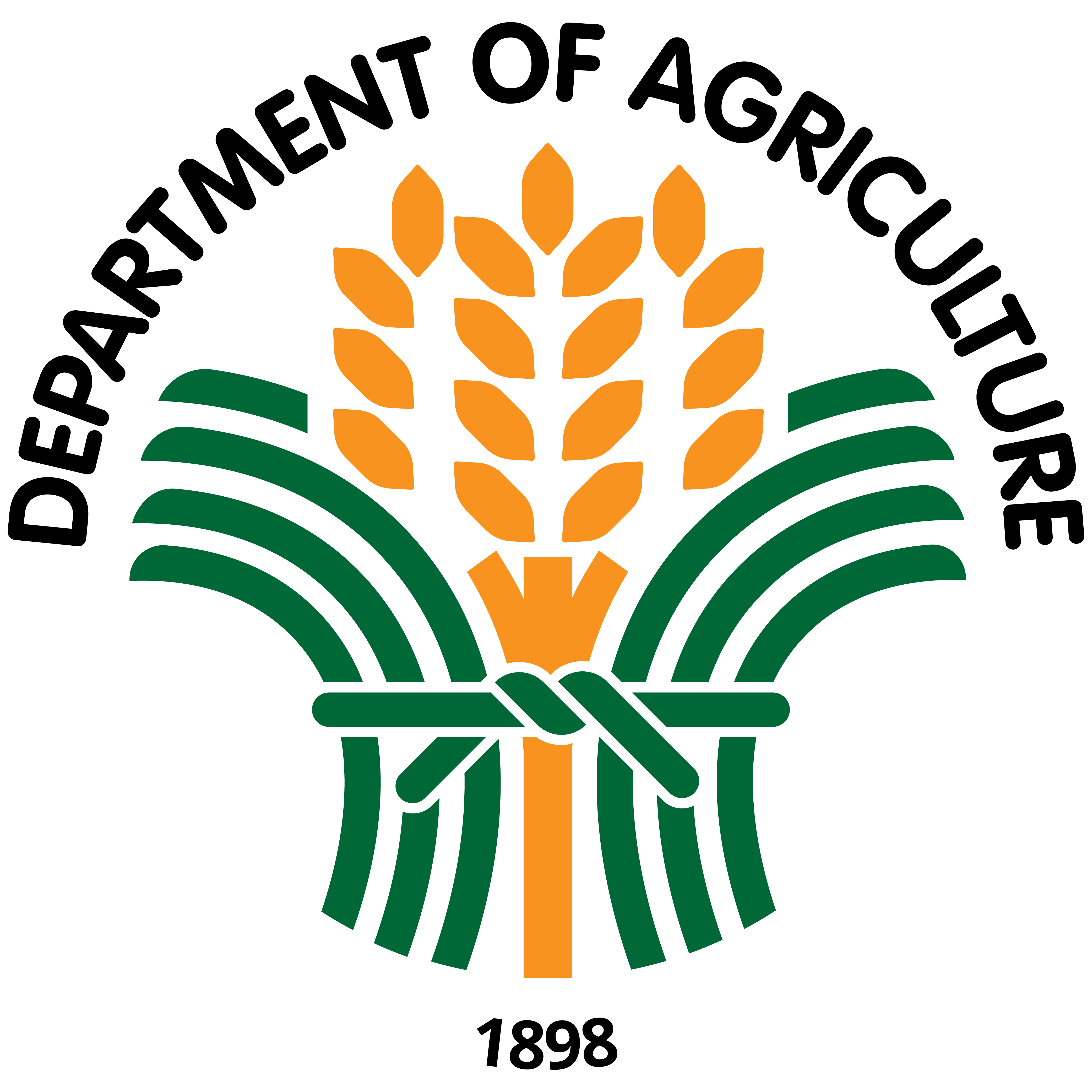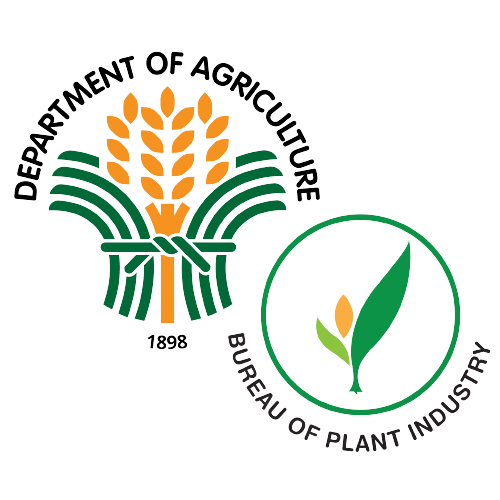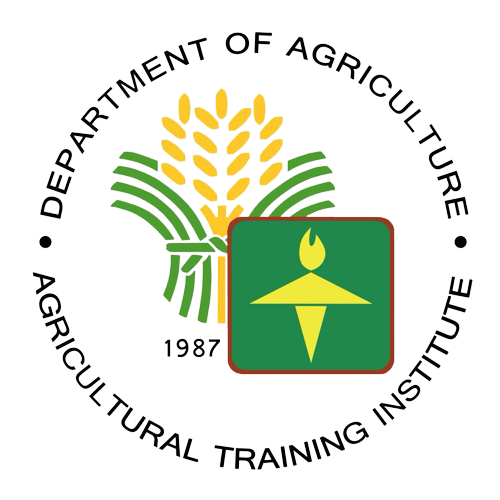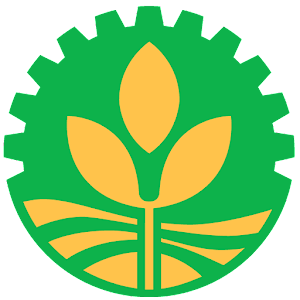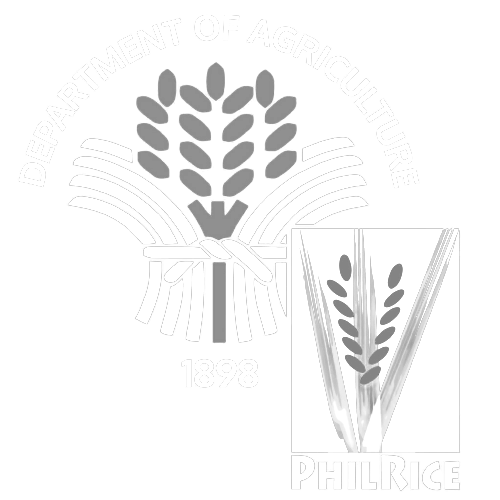What happened over the years
What happened over the years
- Enactment Republic Act 11203
- Establishment of the Implementing Rules and Regulations
- Development of Implementing Guidelines
- Social Mobilization with Seed Cooperatives, LGU partners, DA RFO and BPI-NSQCS
- First rollout of seed distribution (2020 dry season) in 57 provinces
- Establishment of PalaySikatan technology demonstration sites
- Establishment of Palay Sikatan technology demonstration sites Conduct of blended approaches to the program, as adaptation mechanism to COVID-19 restrictions (i.e. LGU-led distribution, combined online and onsite trainings and communication activities)
-
Delineation of target provinces under the Integrated Rice Program of the DA
- RCEF Seed (42 provinces)
- National Rice Program (15 provinces)
- RCEF Extension (57 provinces)
- Pilot test of the Binhi e-Padala (2021 dry season)
- Inception of the project, "Development of Fertilizer Recommendations in the RCEF covered provinces"
- Program mid-term review/evaluation
- Supporting seed with yield increasing technologies
- End-term program review










